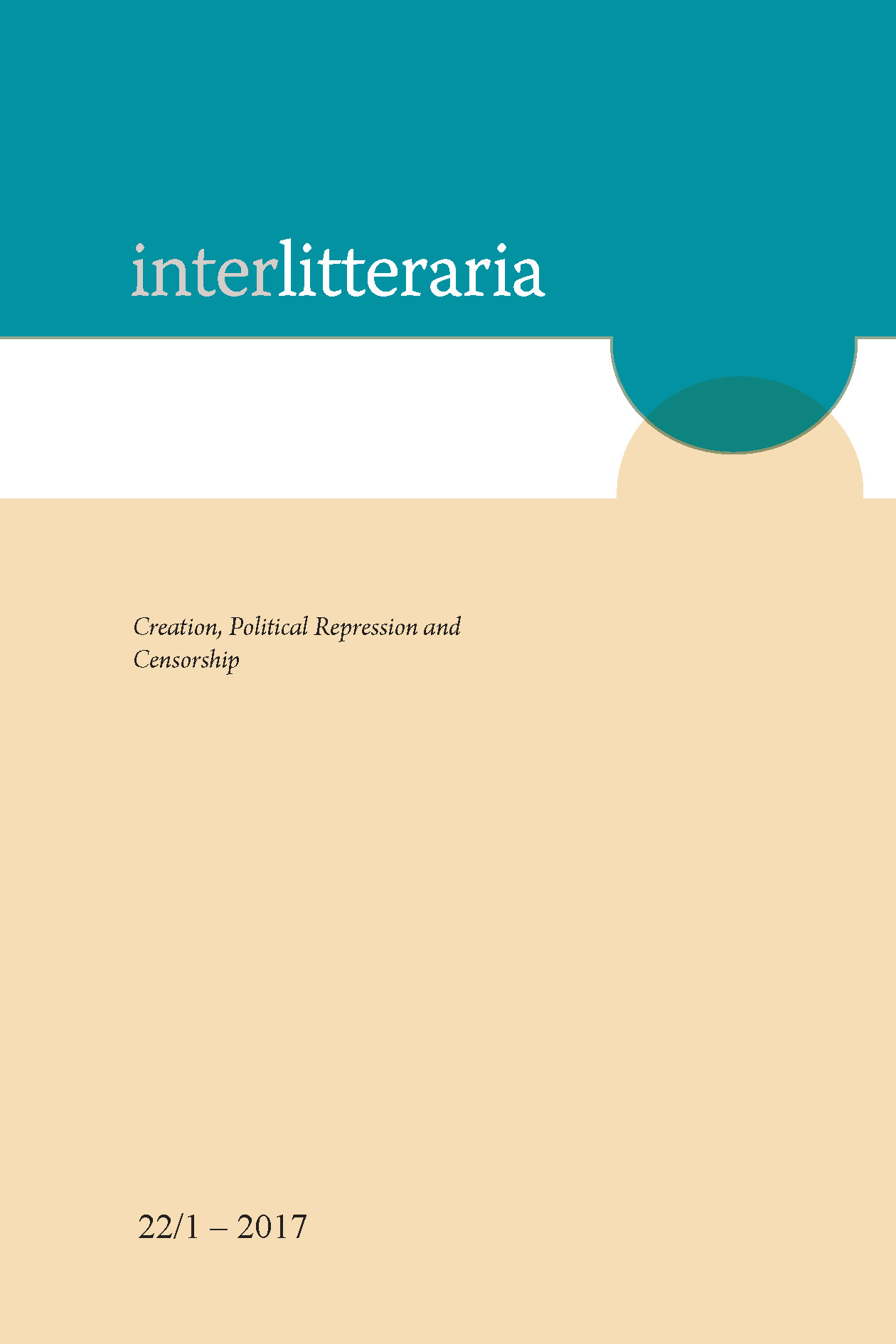« Poesía, pequeño pueblo en armas contra la soledad » : la lutte poétique de Javier Egea contre l’oppression dictatoriale
DOI:
https://doi.org/10.12697/IL.2017.22.1.5Keywords:
Javier Egea, Franco dictatorship, Argentine dictatorship, Poetry and HistoryAbstract
Abstract. “Poesía, pequeño pueblo en armas contra la soledad”: Javier Egea’s Poetical Fight Against the Dictatorial Oppression. Javier Egea, one of the most representative literary figures of the 2nd half of 20th century Spanish letters, is an author who often used poetry to respond to the injustices of his time. He was one of the direct witnesses of a period full of changes that he reflected in his work and which illustrates the complex reality of this period. Having lived during a part of the Franco dictatorship, he maintained a critical posture to the regime; but especially after it, by denouncing capitalism and the tyranny of this socioeconomic system, as well as the disappointing behavior of new politicians at the beginning of democratic period; a period which should have broken with the previous oppression but which did not answer all its expectations. In the same critical line, in 1983 he published his third work, Argentine 78, with ten poems dedicated to the military dictatorship in Argentina, called the “process of national reorganization”. It is about an indirect testimony on the oppression of the Latin American country, with a firm and indisputable accusatory intention, in connection with the experiences he lived in Spain. From the concrete poetic examples of this author, we shall try to reveal some significant aspects of this period, so that we can illustrate, on the one hand, how there took place the restoration of this totalitarian system in Spain; and on the other hand, we will try to establish a type of parallelism between this dictatorship and the one produced in Argentina. Finally, we shall perceive how a context of repression can influence the creative process, a premise which, as we shall see, will be converted in source of inspiration for the poet.Downloads
Download data is not yet available.
Downloads
Published
2017-09-07
Issue
Section
Articles
License
The contents of Interlitteraria are published under CC BY-NC-ND licence.


